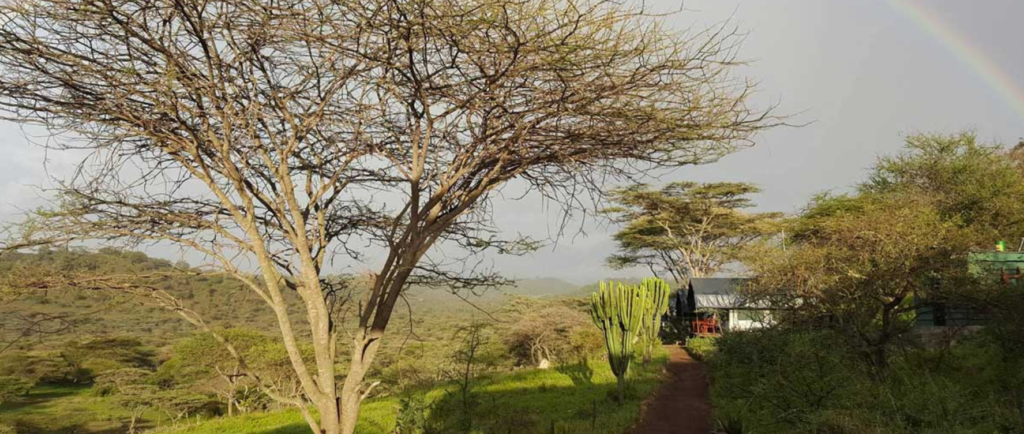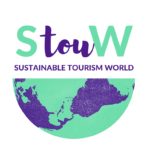Sustainable future Tanzania: Mkuru Training Camp – Arusha – Kilimanjaro

Sustainable future in Tanzania: Mkuru Training Camp is located 8 Km from Arusha National Park, within the Meru-Kilimanjaro ecosystem, which is, in turn, sited within one of the most important biodiversity areas of the country: the Maasai Steppe, a territory traditionally inhabited by Maasai nomad shepherds and extending for more than 200,000 km2 within the East African Rift Valley, from the Turkana Lake, in Kenya, to central Tanzania.
From Mkuro Training Camp is possible to reach the Arusha National Park in 20 minutes and a few hours the most beautiful National Parks of Eastern Africa: Mkomazi, Kilimanjaro, Tarangire, Lake Manyara, Ngorongoro and Serengeti.
Even though most of the catchment forest is preserved within Arusha National Park, human encroachment is very high. As a result, the agroecosystems are becoming increasingly vulnerable to rainfall shortages, droughts and climate instability.
Consequently, land degradation and soil erosion are reducing the natural assets, and Mount Meru’s capacity to provide the ecosystem services that lie at the heart of the livelihood of the local people is declining, as is demonstrated by the recurrent food crises (2005, 2007 and 2009) and the increasing conflicts over resource use.
Are you interested to know more?
#AskSTW by Sara Vitali about:
#sustainabletourism consultancy,
#socialmedia strategies for tourism sector & linked sustainable, responsible, green or eco businesses;
#sustainabledevelopment through tourism.
http://sustainabletourismworld.com/sara-vitali-founder/
